The journal Studies in Communication Sciences (SComS) has announced a compelling call for papers for its upcoming thematic section titled “Early Digital Multimedia in Motion.” This special issue aims to explore the historical trajectory and socio-technical evolution of multimedia during its formative decades—the 1980s and 1990s.
Multimedia, once a 1990s buzzword, represented the convergence of audio, video, text, and graphics, and underpinned innovations in digital encyclopedias, interactive games, art installations, and early internet applications. This thematic section offers a unique opportunity to revisit and critically reflect on multimedia as a historical configuration rooted in evolving technologies and cultural shifts.
Themes and Research Focus Areas
Researchers are encouraged to contribute papers that address one or more of the following themes:
Multimedia as a Technological Assemblage
What technologies enabled multimedia, and how did analog and digital systems interact during this period? This includes hardware, standards, software (e.g., DirectX, HyperCard), and the hybrid media environments that shaped the early digital experience.
Material Cultures of Multimedia
How was multimedia communicated, packaged, and marketed? Papers may explore the role of advertising, compatibility challenges, infrastructural tensions, and the evolution of formats like optical media and video codecs.
Early Professionalization and Industry Reconfigurations
This theme invites contributions on the emergence of new professions and strategies in the digital multimedia era. How did freelancers, developers, and media companies adapt? What were the rivalries, mergers, and technological tensions shaping production and distribution?
Digital Imaginaries and Early Cyberculture
What narratives and visions framed early multimedia—such as digital revolution, cyberculture, and edutainment? This theme considers the cultural discourse that surrounded the early adoption and promotion of multimedia technology.
User Experience, Interactivity, and Content Practices
How did user practices influence the development of multimedia content, marketing, and distribution? Scholars can explore themes like interface design, early UX, and legal grey areas including piracy and copyright infringement.
Heritage, Preservation, and Digital Archaeology
What efforts exist to preserve early multimedia artifacts like CD-ROMs, floppy disks, and CD-i formats? What communities and institutions are engaged in multimedia heritagisation, and what stories are at risk of being forgotten?
Key Submission Dates
- Abstract submission deadline: 5 October 2025
- Notification of acceptance: 15 October 2025
- Full paper submission: 1 March 2026
- Peer review period: March to September 2026
- Final paper submission deadline: 15 September 2026
Editors and Contact Information
This thematic section is curated by:
- Fred Pailler (fred.pailler@uni.lu)
- Valérie Schafer (valerie.schafer@uni.lu)
- Alina Volynskaya (alina.volynskaya@uni.lu)
Submission Guidelines and Languages
SComS welcomes submissions in English, German, French, or Italian. However, English and French are the preferred languages for this thematic section.
Abstracts should be no longer than 500 words and must clearly explain the main research questions, relevant scientific literature, methodology, and case studies the authors intend to explore.
Please submit your abstract via email to: valerie.schafer@uni.lu
Manuscript Requirements
- Manuscripts should be submitted via the SComS online platform.
- Manuscripts should be a maximum of 6000 words, including the abstract, references, tables, figures, footnotes, and appendices.
- Authors may submit supplementary material to be published as an online supplement.
- Submissions must be original and not under consideration elsewhere.
- Articles should follow APA 6th edition reference style.
- The manuscript must be anonymized—free from any author-identifying information to support double-blind peer review.
(The information shared here is sourced from official websites and has been reviewed by Media Research for relevance and authenticity. However, we advise caution, as there may still be potential risks. Please avoid sharing any sensitive personal information when applying. The Image is AI generated)
Media Research offers comprehensive research consultation tailored to your needs. Book your appointment now using the form or email at contact@mediaresearch.co.in

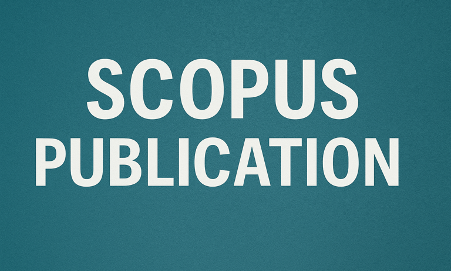
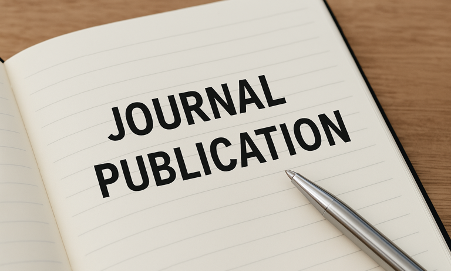


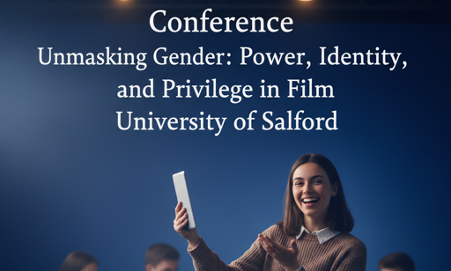
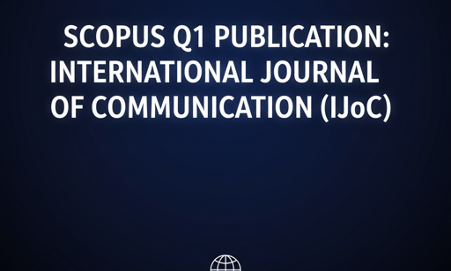


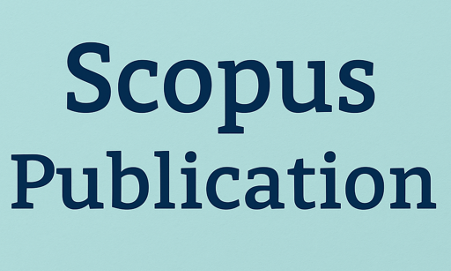




CAWcdEkRq
13929 377751I like this blog so much, saved to my bookmarks . 483290